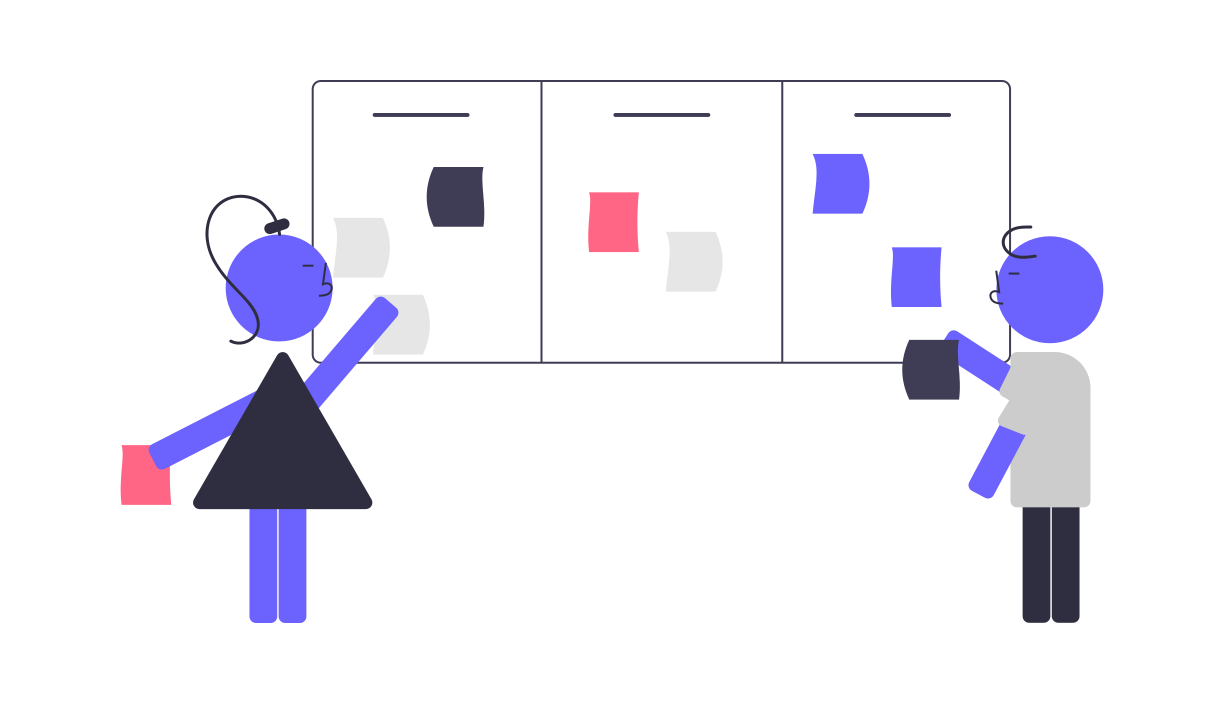In today's digital landscape, website customization has emerged as a vital tool for enhancing user control and improving the overall online experience. Customization allows users to tailor their interactions, ensuring that they get the most relevant and engaging content. This article explores the key advantages of website customization, focusing on how it enhances user control and drives satisfaction.
1. Personalized User Experience
Website customization empowers users to personalize their online experience. By offering options such as theme adjustments, content preferences, and layout choices, websites can cater to individual user needs. This personalization ensures that users are presented with content that is most relevant to them, which can lead to increased engagement and satisfaction.
Benefits:
- Users can prioritize content that interests them.
- Personalization can lead to longer visit durations and lower bounce rates.
- A personalized experience fosters a deeper connection with the website.
2. Improved Accessibility
Customizable websites can significantly improve accessibility for users with varying needs. Features like adjustable font sizes, contrast settings, and screen readers enhance the usability of a website for people with disabilities. Providing these options allows users to control their experience, making the internet a more inclusive space.
Benefits:
- Enhances usability for users with visual or auditory impairments.
- Ensures compliance with accessibility standards and regulations.
- Expands the website's audience by accommodating a diverse user base.
3. Enhanced User Engagement
When users can customize their interactions, they are more likely to engage with the content. Customization options such as personalized dashboards, content recommendations, and interactive elements keep users interested and invested in their online experience. This heightened engagement can translate into increased user loyalty and return visits.
Benefits:
- Higher engagement rates lead to better user retention.
- Personalized content recommendations can increase content consumption.
- Interactive elements encourage active participation and exploration.
4. Better Data Collection and Insights
Allowing users to customize their experience also provides valuable data about their preferences and behaviors. This data can be analyzed to gain insights into user needs and trends, enabling website owners to make informed decisions about content and design improvements.
Benefits:
- Collects data on user preferences for better content strategy.
- Identifies trends and patterns to enhance the overall user experience.
- Provides insights that can inform marketing and personalization strategies.
5. Increased User Satisfaction
Customization options contribute to higher levels of user satisfaction. When users feel that they have control over their experience and that their preferences are being met, they are more likely to have a positive perception of the website. This satisfaction can lead to word-of-mouth referrals and a strong, positive reputation.
Benefits:
- Satisfied users are more likely to recommend the website to others.
- Positive user experiences enhance the website's reputation.
- High satisfaction levels can lead to increased user loyalty and trust.
6. Streamlined Navigation and Usability
Customizable navigation and interface elements allow users to streamline their interaction with the website. Options such as customizable menus, shortcuts, and saved preferences make it easier for users to find what they are looking for quickly and efficiently. This streamlined navigation reduces frustration and enhances the overall usability of the site.
Benefits:
- Simplifies the user journey and reduces time spent searching for information.
- Improves the overall user experience by making navigation intuitive.
- Enhances efficiency, particularly for frequent visitors who can save their preferences.
7. Competitive Advantage
Offering website customization can provide a significant competitive advantage. In a crowded digital marketplace, the ability to offer a tailored experience can set a website apart from its competitors. This differentiation can attract new users and retain existing ones, contributing to long-term success.
Benefits:
- Differentiates the website from competitors.
- Attracts a wider audience by offering unique, customizable features.
- Builds a loyal user base that values the personalized experience.
Conclusion
Website customization is a powerful tool for enhancing user control and delivering a superior online experience. By allowing users to tailor their interactions, websites can increase engagement, improve accessibility, and drive user satisfaction. In an era where user experience is paramount, offering customization options is not just an advantage—it is essential for staying competitive and meeting the diverse needs of today's internet users.


